
Tips to cook delicious rice without worrying about it going bad
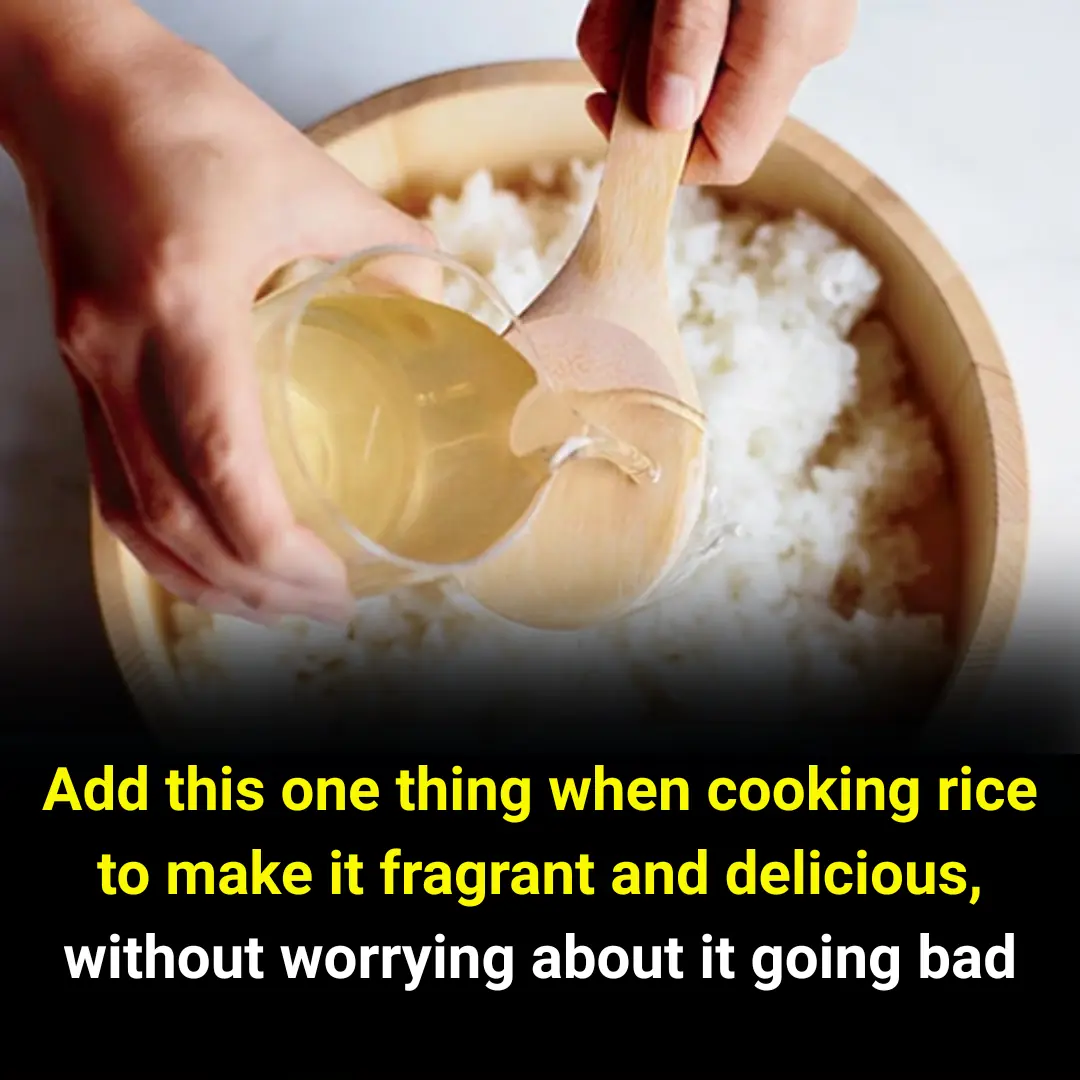
Rice is a staple in many Asian households, but in hot and humid weather, especially during the summer, rice can easily spoil, losing its flavor and becoming a waste. To keep rice fresh and avoid spoilage, there’s a simple but effective trick: add a little rice vinegar to the water when cooking the rice. Combined with other storage tips, you can always enjoy delicious, fresh rice. This article shares in detail the methods to keep your rice fragrant and fresh without worrying about spoilage.
1. Rice Vinegar - The Golden Secret to Keeping Rice Fresh
Rice vinegar has long been known as a versatile ingredient in the kitchen. Not only is it used for cooking, but it also has a wonderful effect in preventing rice from spoiling. When cooking rice, simply add about one teaspoon of rice vinegar to the water before turning on the rice cooker. This small amount of vinegar helps to adjust the pH of the rice, creating an environment that is unfavorable for bacteria and mold growth. The best part is that rice vinegar doesn’t alter the flavor of the rice, so you can be confident that your meal will taste just as delicious.
In addition, rice vinegar helps make the rice whiter, shinier, and stickier. This is especially useful when using medium-quality rice. However, be careful not to add too much vinegar, as it could affect the natural flavor of the rice.
2. Choosing Rice and Proper Washing
To prevent rice from spoiling, it’s crucial to choose the right rice and wash it properly. Opt for fresh rice that has a natural aroma and is not moldy or damp. Old rice, especially if stored improperly, is more prone to spoilage as it loses some of its nutrients. When washing rice, only rinse it gently 1-2 times to remove dirt without washing away the nutritious rice bran. Over-washing rice can cause the grains to become scratched, making them absorb water more easily and spoil faster after cooking.
The amount of water used for cooking is also important. If there’s too much water, the rice will become mushy, creating a favorable environment for bacteria to grow. On the other hand, if there’s too little water, the rice will be dry and unappetizing. The ideal water-to-rice ratio is typically 1:1 or 1:1.2, depending on the type of rice.
3. Proper Use of Rice Cookers
A rice cooker is a common tool in many households, but not everyone knows how to use it to keep rice from spoiling quickly. After the rice is cooked, keep it on the warm setting for no longer than 4-6 hours, as continuous low heat can cause the rice to yellow and spoil. Open the lid about 10 minutes after cooking to allow steam to escape, which helps the rice dry out and remain fresher. Additionally, regular cleaning of the rice cooker is essential. If the inner pot is dirty or has food residue, it can cause the rice to spoil faster.
4. Proper Storage of Rice After Cooking
After cooking, if you don’t finish the rice, proper storage will help extend its freshness. Let the rice cool completely before storing it in an airtight container in the refrigerator. Allow the rice to cool naturally—avoid using fans or leaving it in a dusty environment. The container used should be specially designed for rice storage and airtight to prevent bacteria from getting in. When reheating, only take the amount you need and heat it to a high temperature to ensure safety.
Moreover, avoid storing rice with salty or oily foods in the same container, as this will cause the rice to spoil more quickly. If you want to keep the rice fresh for a longer time, divide it into smaller portions before storing.
5. Additional Tips to Keep Rice Fresh and Delicious
To not only prevent rice from spoiling but also retain its deliciousness, pay attention to the environment in which you cook. Keep the kitchen clean, well-ventilated, and avoid humid or high-heat areas. Additionally, regularly check the quality of the rice and your cooking utensils to ensure cleanliness. Another small trick is to add a few drops of sesame oil or olive oil to the water when cooking rice to enhance the flavor and help with storage.
With these tips, keeping your rice fresh, fragrant, and free from spoilage has never been easier. With a little care during preparation and storage, you’ll always have high-quality rice ready for your meals, saving time and ingredients. Try applying these methods today to see the difference!
News in the same category

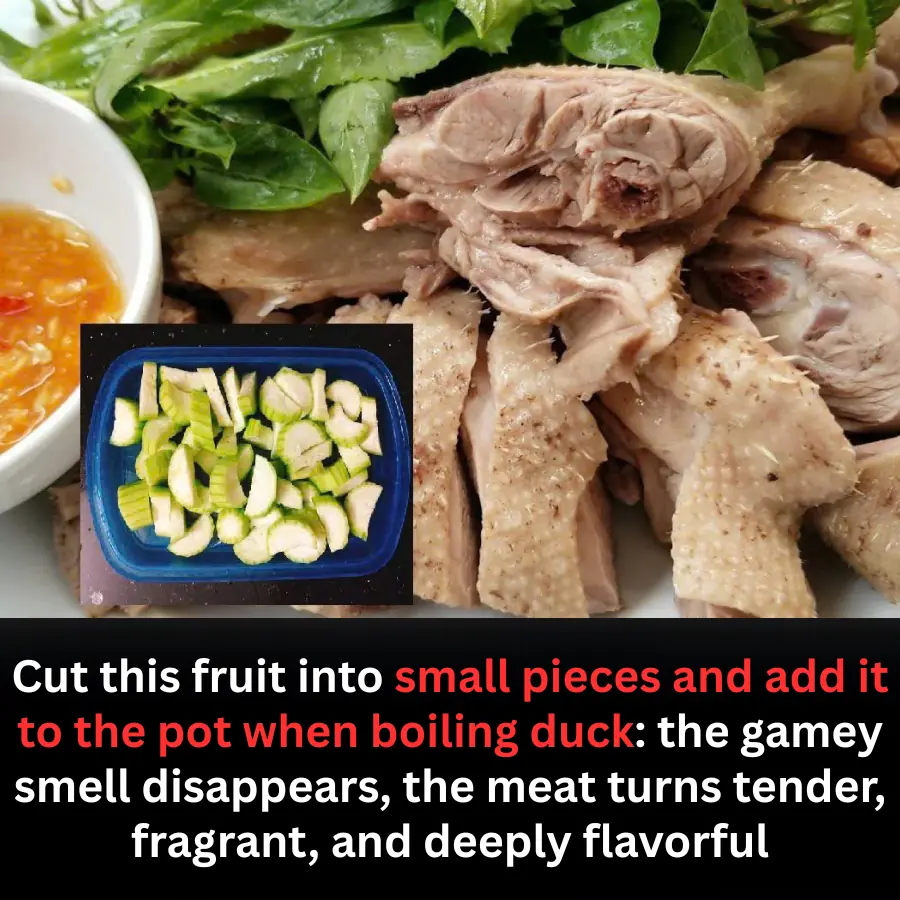
A Simple Kitchen Trick: Add This Fruit When Boiling Duck to Remove Odor and Boost Flavor

Never store your cooked rice without knowing this
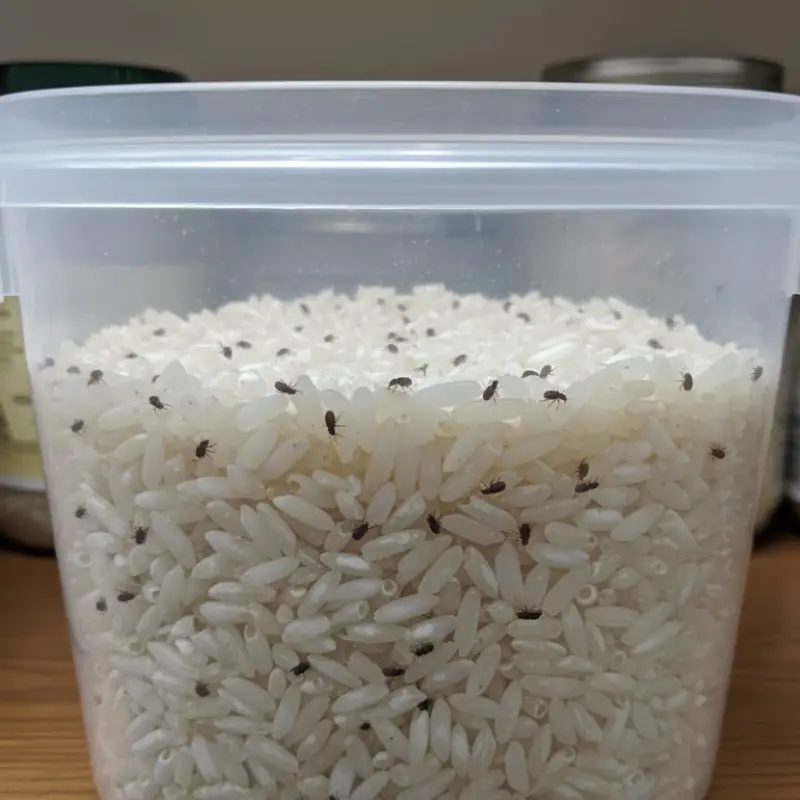
How to store rice to prevent insects and mold: Tips to keep rice fresh and flavorful

Why placing a roll of toilet paper in the fridge can effectively remove odors?

Why Should You Place Garlic by Your Bedside at Night? Everyone Will Want to Try It Immediately

6 plants that snakes are strongly attracted to, and 3 that naturally keep them away
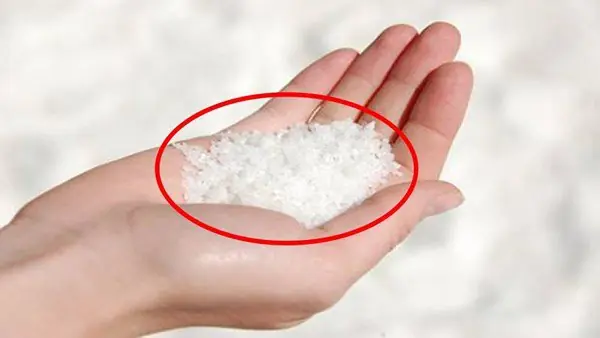
Sprinkling salt in door cracks: A simple habit with surprising meaning and practical benefits

Goodbye fleas, ants, and cockroaches with this home remedy

3 Easiest Ways to Get Rid of Mice in Your House
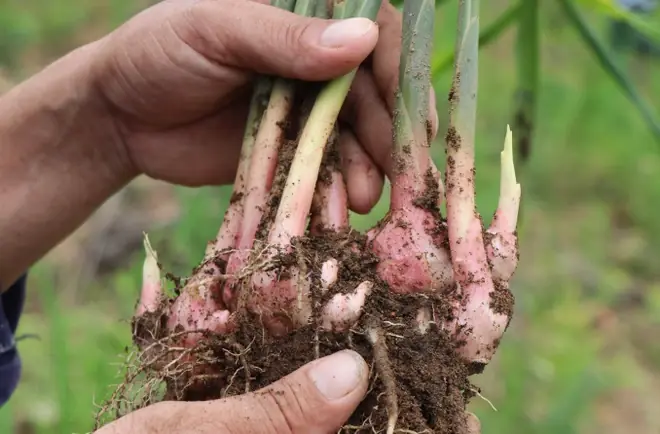
How to grow ginger at home easily and enjoy fresh ginger all year round

4 Types of Fish That Are Prone to Heavy Metal Contamination — Even Sellers Rarely Eat Them

Electrical devices to unplug during storms, thunder, and lightning

The Military Sleep Technique That Can Help You Fall Asleep in 2 Minutes

Why shouldn't you set the air conditioner to 26°C at night?
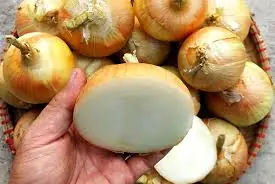
9 out of 10 people store onions incorrectly: Here's why you shouldn't keep them in the fridge

Smart travel tip: Why you should toss a water bottle under your hotel bed?

Don't throw away your yellowed white shirts - try this soaking method to make them bright and as good as new
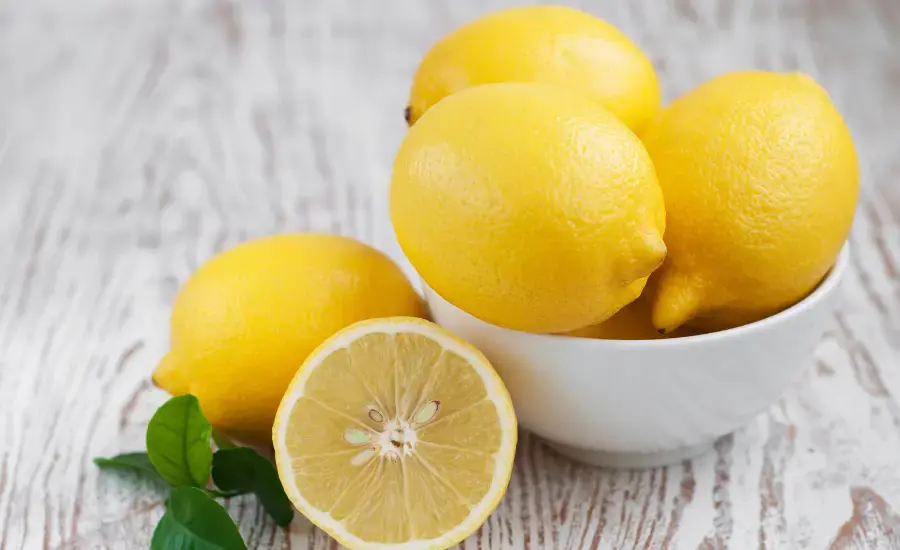
Easy lemon storage hacks that keep them fresh for a long time

Natural Pest Control: Using Diatomaceous Earth and Cloves Against Bed Bugs and More
News Post

Why Sprinkling Salt on a Gas Stove Is a Smart Household Trick

A Simple Kitchen Trick: Add This Fruit When Boiling Duck to Remove Odor and Boost Flavor

To know if your internal o.r.gans are infected, just look at your feet. If there are 3 signs, you need to go to the emergency room

Chinese Medical Expert Reveals a Dish That Helps Fight Blo.od Clots and Tumors

6 Stroke Warning Signs After Showering You Must Never Ignore

Health Warning: Never Do This While Showering — It Can Be Far More Dangerous Than You Thin

Be Careful: These 2 Types of Fish May Increase Cancer Risk if Eaten Frequently

A Simple Home Hack: Light a Candle in a Pineapple Shell and Enjoy Unexpected Benefits

Food Safety Warning: 3 Types of Tofu You Should Never Buy, Even at a Bargain Price

Doctors Warn: 3 Fruits That May Quietly Harm Your Liver If Eaten Incorrectly

Garlic Parmesan Chicken Meatloaf

Why people with green eyes are so fascinating?

Seared Steak & Creamy Cajun Shrimp with Sautéed Spinach & Mashed Yukon Potatoes

20 Early Warning Signs of Can.cer You Should Never Ignore

Beware of Diabetes If You Frequently Experience These 5 Strange Symptoms

Never store your cooked rice without knowing this

The body knows when de.ath is near, and it all begins with the nose

Doctor warns: 7 “normal” symptoms you should never ignore

The hidden dan.ger in a drink many children love
